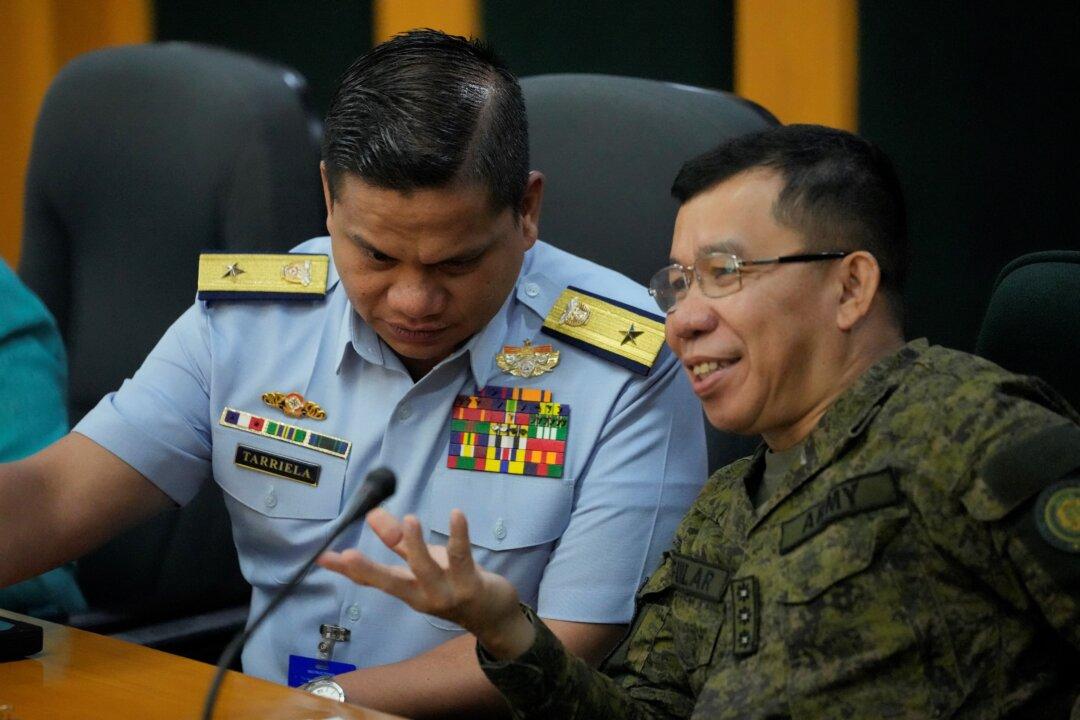Philippines Coast Guard spokesperson Commodore Jay Tarriela on Aug. 17 defended Philippine vessels’ right to be in the Escoda Shoal, an atoll belonging to the Spratly Islands, after the Chinese Ministry of Foreign Affairs issued a statement accusing the Philippines of action that “infringes on China’s sovereignty.”
Tensions between the Philippines and the Chinese Communist Party (CCP) in the South China Sea have recently escalated into skirmishes, despite an agreement the two countries reached on July 24.





